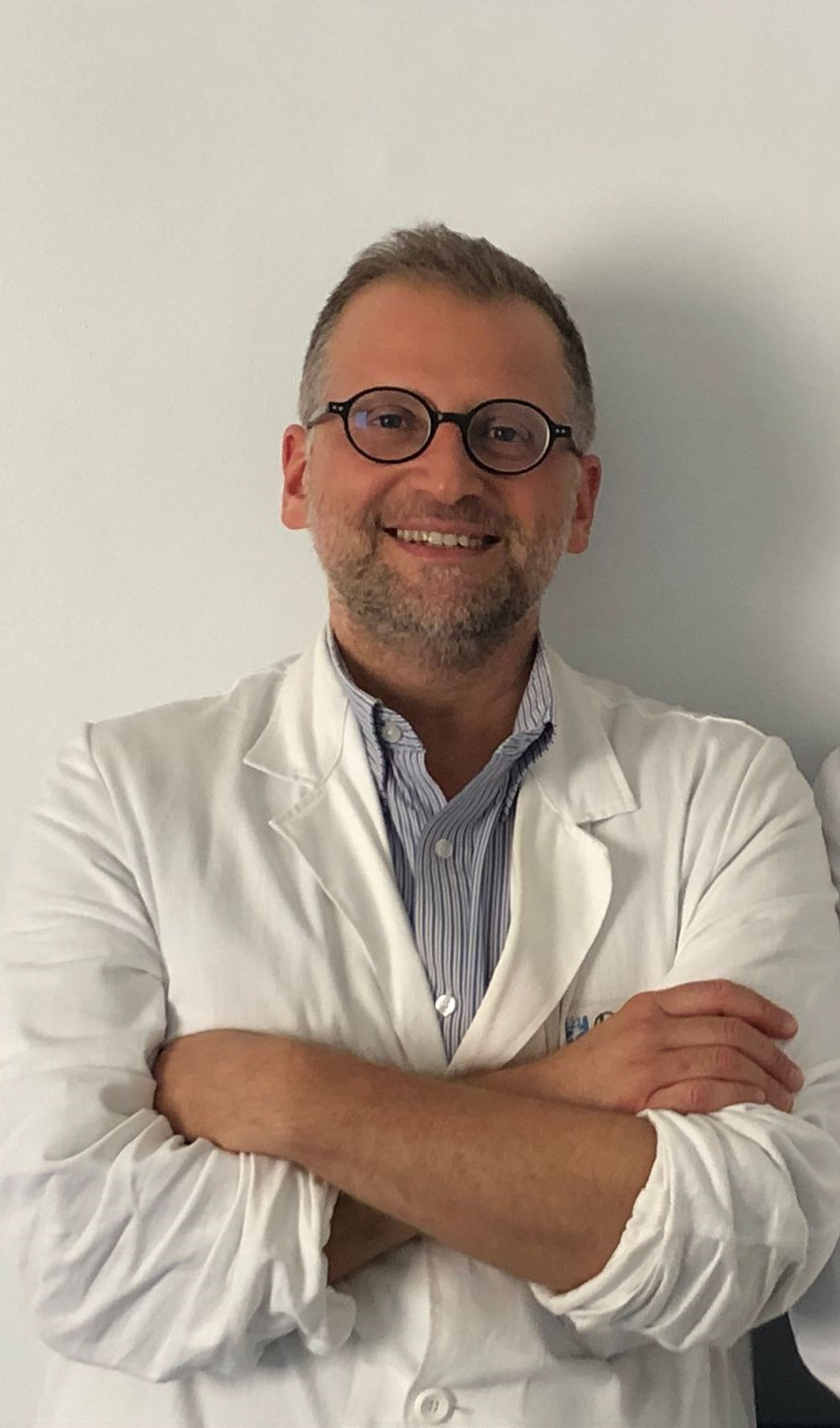Meet the Editor: Giacomo Emmi
Published in General & Internal Medicine, Immunology, and Public Health

Dr. Emmi, you have been contributing with papers and chapters to our SpringerNature publications; could you please share a few details about your academic background, including your current position and research interests, for our readers?

Good morning, and thanks for this opportunity to share my experience on rare diseases. I am a clinical immunologist from the University of Firenze, where I also obtained my PhD. Currently, I am Associate Professor of Internal Medicine at the Department of Experimental and Clinical Medicine at the same University, and Adjunct Clinical Associate Professor in Medicine at the School of Clinical Sciences at Monash Health, Clayton, Melbourne, Australia. Since the beginning of my career, I developed a strong interest and commitment in the clinical assistance and research of rare autoimmune and autoinflammatory diseases. Together with my colleagues, we focused our interest mainly on patients affected by connective tissue diseases, such as Lupus, and systemic vasculitis, like Behçet’s syndrome and Eosinophilic Granulomatosis with Polyangiitis (EGPA, former Churg-Strauss syndrome).
In your role as a clinical immunologist, how do you approach the unique challenges associated with the diagnosis and treatment of rare diseases, and what insights have you gained from your experience ?
Taking care of people with rare immune-mediated diseases allowed me to strengthen and refine my clinical ability to consider unspecific symptoms and signs (eg low grade fever, weight loss, fatigue), and recognize unusual manifestations (purpura, peripheral neuropathy, etc), bringing them together in a unique diagnosis. Caring for people with systemic diseases such as Lupus or vasculitis, also taught me to share clinical experience with colleagues across different specialties, in a more holistic approach.
As responsible figure for the Tuscan Network of Rare Diseases, how do collaborations and networks contribute to advancing research and improving patient outcomes in the realm of rare diseases? What are your hopes for progress in the future?
Given the rarity and the low prevalence of rare diseases of the immune system, I strongly believe in the development of sound collaboration across centers of expertise, to collect solid data for epidemiologic, and clinical research purposes and strengthen knowledge in this field. My role as responsible for the Clinical Subnetwork of Autoimmune Diseases in the Tuscan Network of Rare Diseases, gave the me the opportunity to refine my ability and extend this kind of collaborative efforts at European level with different projects (eg the European EGPA study group, https://eestudygroup.com/; or the FAIRVAS project, https://fairvasc.eu/)
Would you agree that among the Sustainable Development Goals SDG3 target(s) and indicators, target 3.d of comes closest to your clinical and research work ? What are your views about global awareness on rare diseases?
I fully agree with this. It is undoubtable that increasing awareness on rare diseases (eg. through Patients Advocacy Organizations) speeds up the process leading to diagnosis, reducing the diagnostic delay, and also paves the way to the development of specific pathways for accelerating the referral to centers of expertise.
Follow the Topic
Ask the Editor - Immunology, Pathogenesis, Inflammation and Innate Immunity
Got a question for the editor about the complement system in health and disease? Ask it here!
Continue reading announcement




Please sign in or register for FREE
If you are a registered user on Research Communities by Springer Nature, please sign in